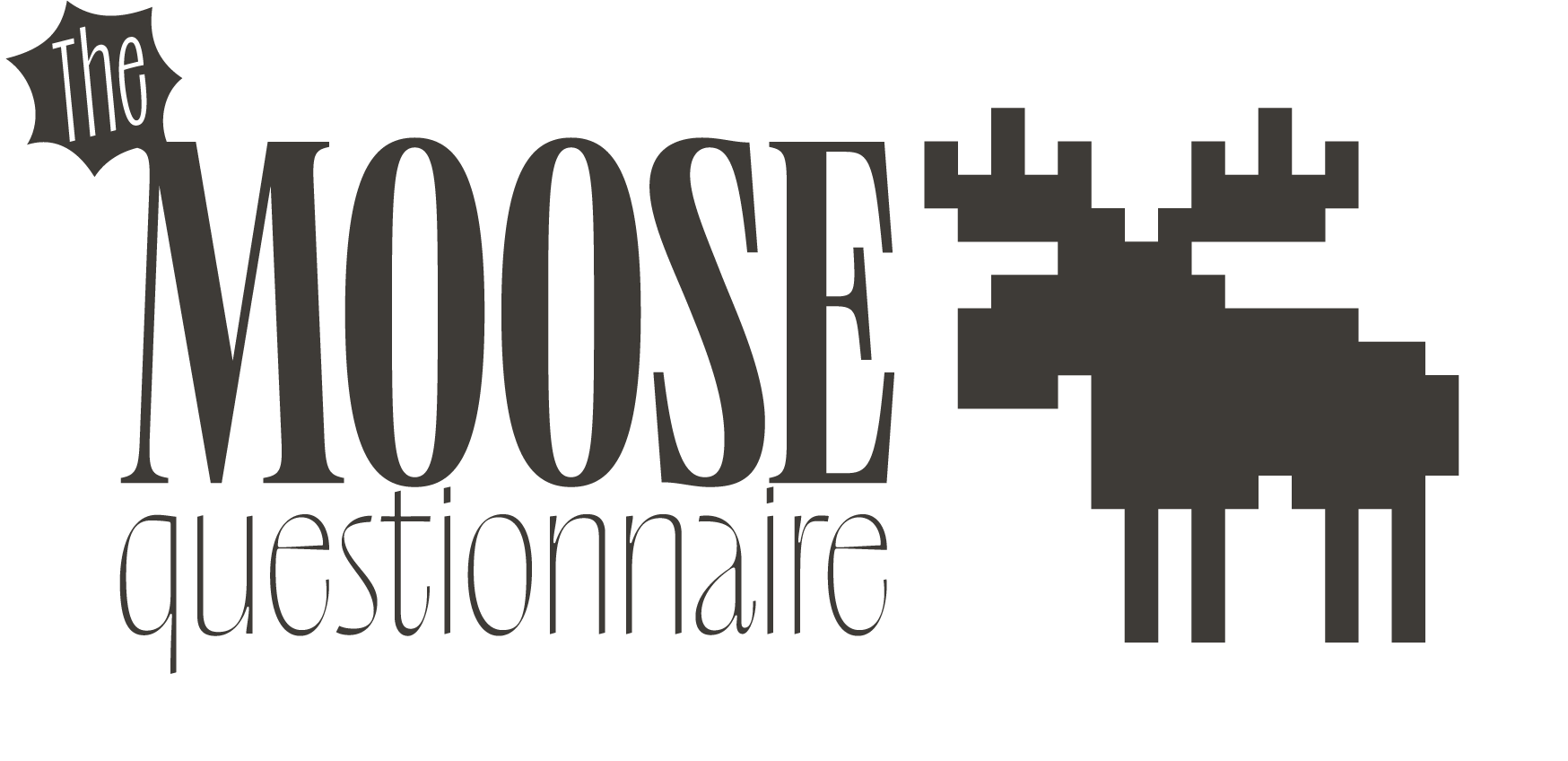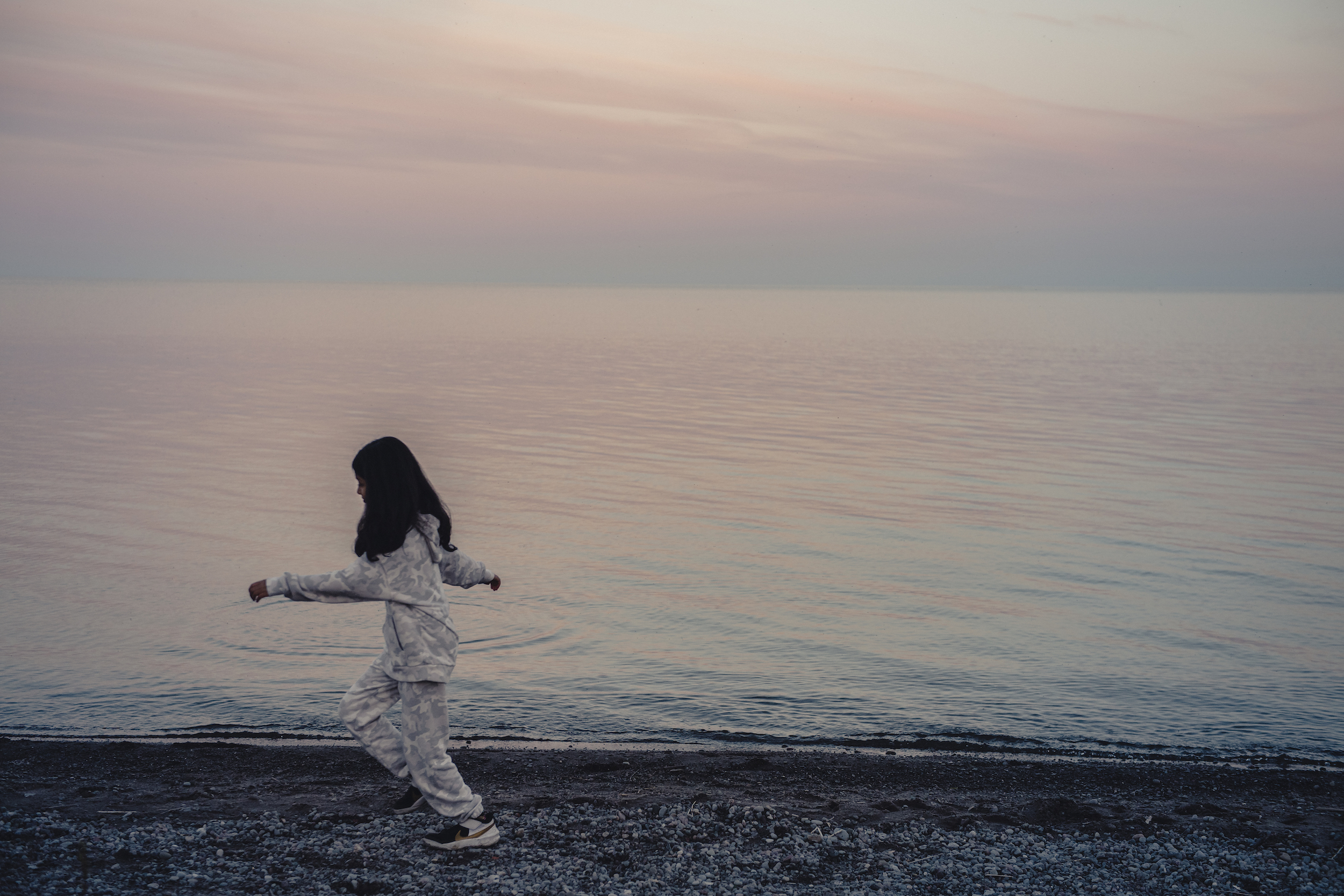
Ontario’s Bill 5 sparks new concerns where a legacy of environmental damage remains
The Protecting Ontario by Unleashing Our Economy Act exempts industry from provincial regulations — putting...
Get the inside scoop on The Narwhal’s environment and climate reporting by signing up for our free newsletter.
Earlier this month, I found Margaret Atwood sitting backstage at Edmonton’s Jubilee Auditorium. The petite, and very poised, 84-year-old was there to talk to a sold-out crowd. Fans clutching novels, some wearing red cloaks, were gathering by the hundreds. She was to go on stage in half an hour. She never prepares, she tells me. “I’m not a politician,” she says. “I don’t have talking points.”
She does, however, have ideas. Lots of them. Atwood has published dozens of books — fiction, poetry and more — since her debut novel, The Edible Woman, came out in 1969.
Since then, she’s become a literary sensation, winning the Booker and the Giller and pretty much all the others. She’s never been shy about bringing forward bold ideas or visions of the future — many consider the early 2000s Oryx and Crake trilogy to be extinction crisis prophecy — and has occasionally expressed complicated views that have “arguably annoyed everyone.”
But she perseveres in public life. And through the decades, Atwood has been keenly aware of the intersection of environmental values and her livelihood as a writer.
“The preservation of an environment similar to the one we have is a precondition of literature,” she said back in 2010. “Unless we can preserve such an environment, your writing and my writing and everyone else’s writing will become simply irrelevant, as there will be nobody left to read it.”
Atwood has dedicated significant resources to conservation, including through the non-profit bird observatory she founded with her late husband, Graeme Gibson.
Here, Atwood answers The Narwhal’s new Moose Questionnaire, which digs into our connection to the natural world.

This interview is edited and condensed for clarity — all opinions are the subject’s own.
Glacier calving, up around Lancaster Sound.
Mount St. Helens in eruption.
Kiss: Snowy owl.
Marry: Northwestern wolf: such good dads!
Kill: Pelee Island chiggers. So annoying, and contribute nothing I can think of to the general welfare. They may not be iconic exactly, however.

Pelee Island Bird Observatory.
Xi Jinping.
No. See Angel Catbird.
“Recompose” burial is better than cremation. It turns the dead quickly to compost that can be used in the garden.
He’s not right for you.
Great Lakes.

Children. Women invest more biomatter in them. They don’t like to think of their children being starved, drowned, burnt up in forest fires or killed by invasive climate-warming microbes, all of which are increasingly affected by a warming climate.
Atlantic, south shore of Nova Scotia.
My teeth. Useful.
Grise Fiord, Ellesmere Island. I saw the monument to the people who were forcibly relocated there without adequate supplies.
Dump biostuff into my compost bin.
Graeme Gibson, because I’d like to talk with him again. I know what he’d say though. It isn’t printable.
Smoked salmon. Reluctantly.

My father, Dr. Carl Atwood, entomologist and conservationist, and his like-minded buddies of the 1950s, 1960s and 1970s.
So much to choose, so little time. How about God? That one would have a plan ….
Neither one, thanks. I prefer my own cottage. But thanks for asking.
Yes. As long as my knees can manage it.
Enjoying the Moose Questionnaire? We’re going to ask as many artists, athletes, politicians and cultural personalities as we can to answer it, so let us know if you have suggestions.
Get the inside scoop on The Narwhal’s environment and climate reporting by signing up for our free newsletter. On a warm September evening nearly 15...
Continue reading
The Protecting Ontario by Unleashing Our Economy Act exempts industry from provincial regulations — putting...

The Alberta premier’s separation rhetoric has been driven by the oil- and secession- focused Free...

Canada’s first-ever Indigenous governor general doesn’t play favourites among our majestic natural wonders, but she...
